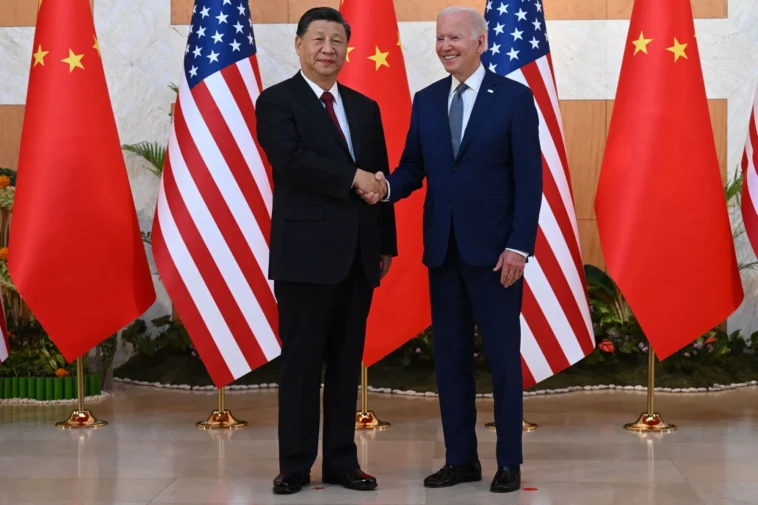The latest decision by the current government to rescind visas for Chinese students has further complicated an already tense relationship with China, exacerbated by sticky trade debates and stringent export regulations. Chinese students harboring hopes of studying in the United States now grapple with an uncertain future, especially in light of the escalating global politics. The U.S. government, under President Trump, has recently declared its intent to revoke the visas of Chinese students believed to have affiliations with the Chinese Communist Party, particularly those pursuing studies in key fields.
As a part of this initiative, the government is introducing tightened reviews of visa requests originating from mainland China and Hong Kong. Beijing, in retaliation, has labeled these actions by the U.S. as ‘unreasonable’, cautioning that it compromises the opportunities for shared cultural exchanges and disputes the United States’ often expressed values of openness and liberty. The visa cancellation scheme has led to an official objection by China’s Foreign Ministry.
Current statistics indicate that around 280,000 Chinese students are pursuing their studies in various academic institutions across the United States. This makes them occupy the second-largest spot in the count of foreign students in the country, only surpassed by students from India. Nonetheless, the COVID-19 pandemic has resulted in a noticeable decrease in the number of Chinese students, sparking great unease and doubt amongst those aspiring to obtain an American education.
The looming uncertainty has even touched Harvard University, where a young Chinese woman has recently realized her lifelong dream of acceptance for the fall term. Now she is confronted with the problematic choice of potentially postponing her enrollment due to the questionable circumstances surrounding relocation to the United States in the current scenario.
This controversial decision to potentially revoke visas comes at a particularly sensitive time when intensive trade negotiations between the two significant global players are in progress. A few weeks ago, the situation seemed to be moving towards resolution as both nations consented to reduce tariffs on each other’s goods for a 90-day period. However, the American administration’s visa revocation strategy against Chinese students might jeopardize this transient peace.
To add to the intricacies, China has implemented export restrictions on certain vital minerals and magnets, while the U.S. reciprocated these measures by imposing its own limitations on the sale of chip designing software and certain parts of jet engines to China. These reciprocal actions could pose potential hindrances to the progress already made in the ongoing trade discussions between the two nations.
The fragile state of the trade negotiations has been acknowledged by Treasury Secretary, Scott Bessent, who stated that the ongoing trade discussions appear to be at a standstill. China’s Foreign Ministry reiterated China’s stance on Friday, asserting that a trade war benefits no one. Amid these continuous disputes, the effects of the visa policy on student ambitions and wider diplomatic relations are of substantial concern.

